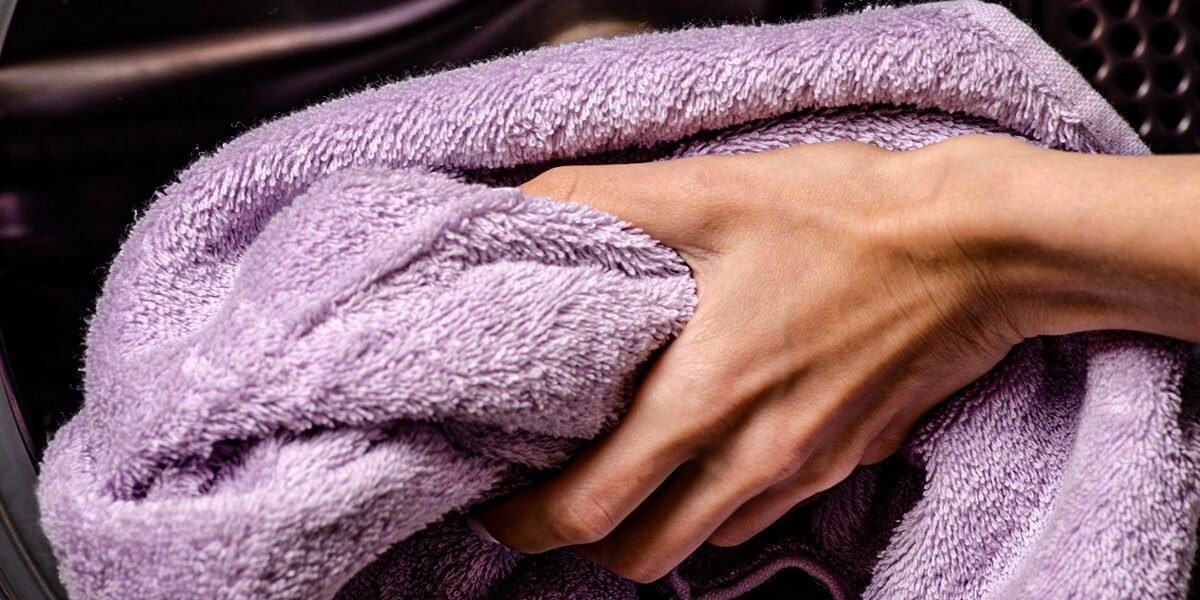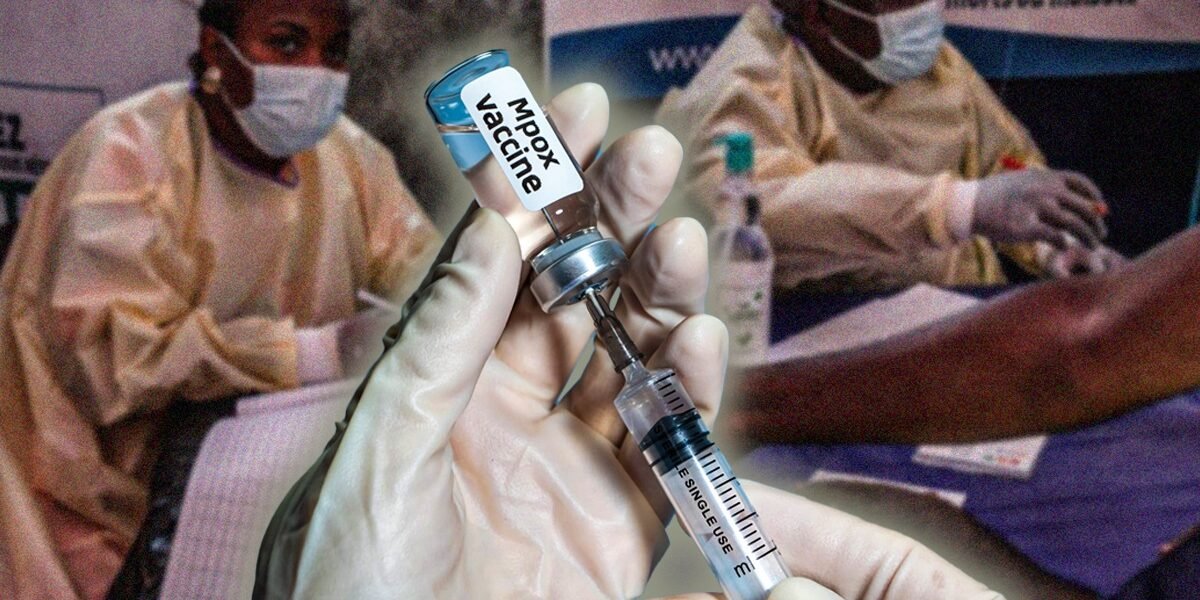WEB DESK: Towels are an essential part of our daily routine, but they may not be as clean as they look. Often used multiple times before washing, towels can harbor a surprising number of microbes, including bacteria, fungi, and viruses. But how often should you wash them?
Haven for Bacteria
As studies show, our skin bacterium thrives in a wet environment, like towels, e.g., Staphylococcus and E. coli as well as aerosol-transmitted microbes with washed water. All of these over time form biofilms resulting in dull fabric scourge that may lead to health hazards.
Elizabeth Scott, a professor at Simmons University, notes that towels harbor bacteria harmful to humans from the very beginning. Most of the microbes on human skin are harmless or even helpful; however, a few can cause infections, such as Salmonella and Shigella, especially when towels are wet or shared.
Sharing towels is a chance for cross-transmission of bacteria, viruses, and fungi. It can be through a towel that is infected with warts, can cause diarrhea disease, and even antibiotic-resistant bacteria like MRSA can be infected with towels.
Public health personalities, such as by using disposable paper towels in hospitals to minimize these risks from the areas visited, generally conduct promotional awareness on proper towel usage. At home, regular washing and direct sunshine drying of towels are methods that help reduce microbial numbers as well.
Usually, experts say that towels should be washed every week, but illness in the household would demand the towels to be washed more often. Hot water with a temperature range of 40-60 degrees Celsius, along with antimicrobial detergents, works wonders in killing bacteria and inactivating viruses. Enzymes or bleach are also effective in cooler washes.
Read More: Hassan Ali reveals his Indian wife has moved to Pakistan
















